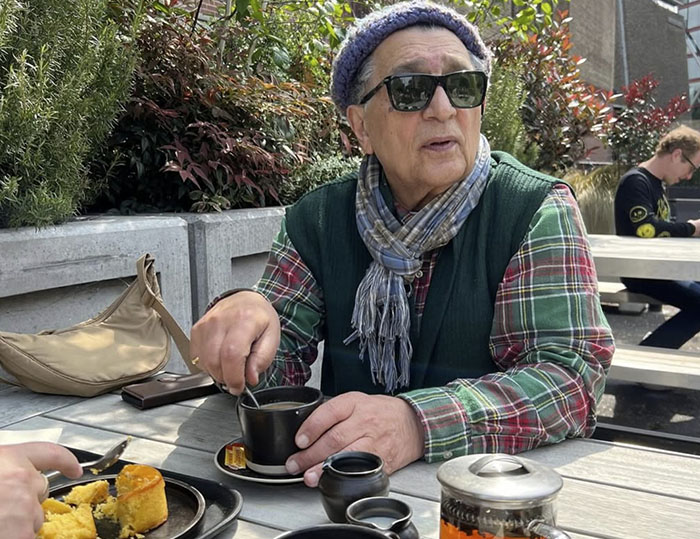The 5 types of tiredness and how to combat them

Lots of sugars and processed food reduce the range of helpful microbiota in our gut which help us digest food and produce the feelgood chemical serotonin that helps regulate sleep. High-carb processed foods also trigger a fast release of glucose into your blood, followed by dips, making you tired. HOW TO SPOT IT: Look for sharp drops in your mood and energy after eating, plus hunger pangs soon after your last meal. HOW TO FIGHT BACK: Swap sugary, processed foods for homemade and high-fibre items such as veg and beans, to boost gut bacteria and serotonin. A diet high in refined sugars and starches saps B-vitamins needed for your body to make energy efficiently. Good sources are green, leafy veg. FEELING tired all the time over a period of several weeks, and no longer having the energy to do many of the things you used to enjoy doing, is a classic sign of depression. If you are depressed, feelgood brain chemicals fall out of balance, including neurotransmitters and the hormones that govern sleep patterns. You will likely have shallower sleep as a result. HOW TO SPOT IT: Despite sleeping more than normal, you have no energy and do not want to get out of bed. You may even start to move and talk more slowly. HOW TO FIGHT BACK: Do not give up activities that make you feel good. Try exercise. It has been found to be as good as antidepressants at beating symptoms. Researchers at North-Western University in the US split people who were sleeping badly into two groups. One was told to exercise moderately four times a week, and the other to do activities they enjoyed. After four months, the group that exercised fell asleep quicker and slept longer. Neuroscientist Dr Alex Korb, author of The Upward Spiral, says: “Exercise improves your sleep, making it more restorative for your brain.” Moving your body might tire you out short-term, but longer-term you will have more energy.




